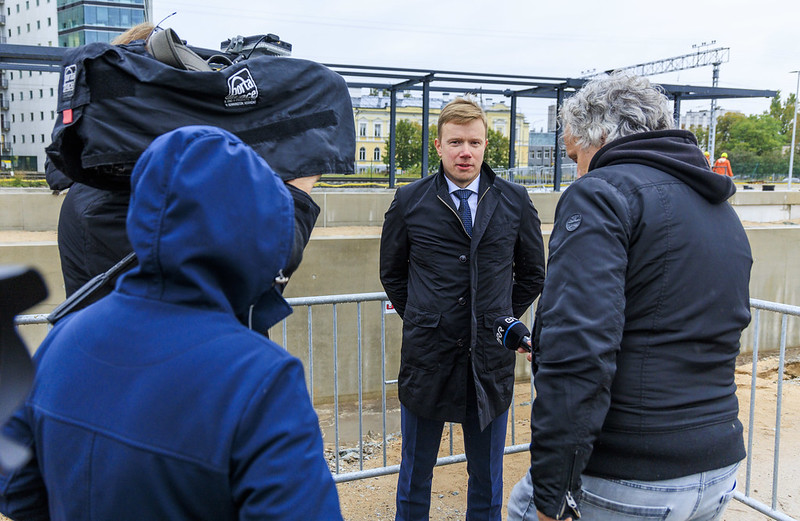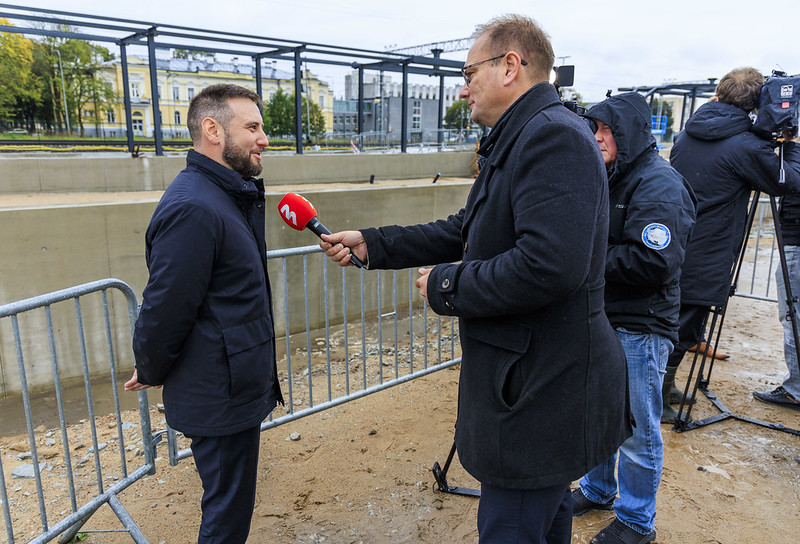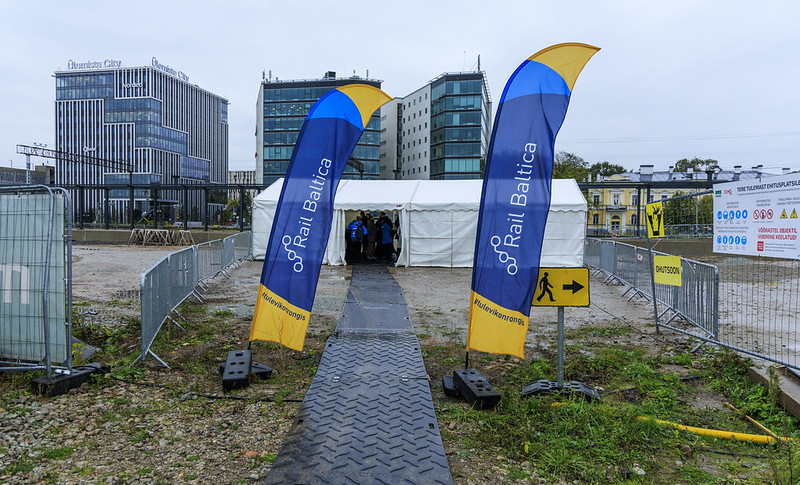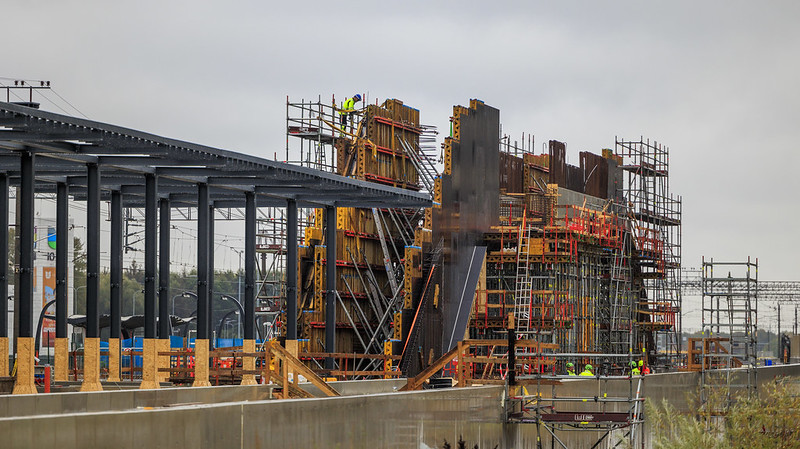Rail Baltic Estonia, Rail Baltica’s national implementing body, has launched a landmark infrastructure tender, valued at up to €932 million, for the construction of the Rail Baltica main line – a project of key strategic importance for the entire European rail network. As a missing link in Europe’s north-south connectivity, Rail Baltica will create a seamless economic and mobility corridor, strengthening ties between the Baltic states, Finland, Central Europe, and beyond.
The tender will result in two contracts for the construction of the railway between Ülemiste and Pärnu, as well as Pärnu and the Latvian border. More than just a rail connection, Rail Baltica is a critical component of Europe’s efforts to enhance transport efficiency, improve accessibility, and bolster economic competitiveness.
Vladimir Svet, Estonia’s Minister of Infrastructure, emphasized the broader European importance of the project:
“Rail Baltica is more than a regional project; it connects Estonia and the Baltic states to Europe’s extensive rail network, creating new opportunities for economic growth and improving mobility across the continent. While we often discuss Rail Baltica in terms of passenger and freight transport, its role as a strategic backbone for military mobility on NATO’s Eastern flank has become increasingly significant given on-going Russia’s aggressive war in Ukraine. Today’s announcement of extensive construction procurement for Rail Baltica’s mainline is a testament to our commitment to this pivotal project that brings Europe closer together.”
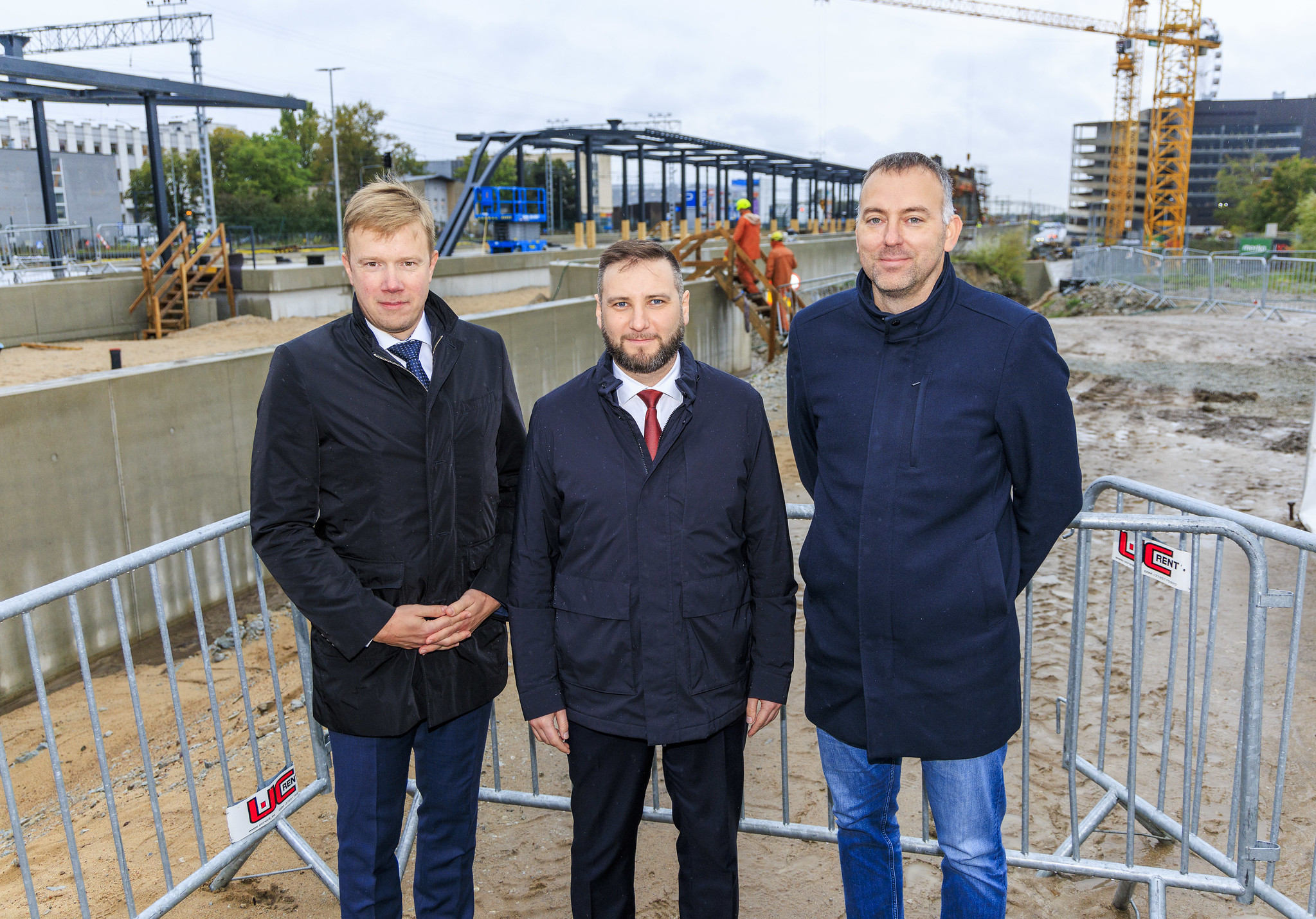
As a part of the EU’s Trans-European Transport Network (TEN-T), Rail Baltica will not only improve the region’s connectivity but also foster international collaboration. The project’s scope offers significant opportunities for global construction companies, as well as rail industry players seeking to establish operations in Estonia. By creating a new value chain during both the construction and operational phases, Rail Baltica is set to attract companies involved in rail technology, logistics, and manufacturing, further enhancing Estonia’s role in the European rail industry.
The alliance tender will result in two contracts:
- The first contract, with an estimated value of €394 million, will cover the construction of the railway superstructure for the Ülemiste–Pärnu section and the substructure for the Tootsi–Pärnu section.
- The second contract, valued at approximately €332 million, will encompass the design and construction of the Pärnu–Ikla section, completing the main line.
Anvar Salomets, CEO of Rail Baltic Estonia, added:
“Today’s announcement regarding the alliance procurement for the Rail Baltica mainline construction in Estonia signifies a major advancement. We are eager to see participation from international construction firms in this procurement process. Our goal is to have all sections of Rail Baltica’s mainline either contracted out or already under construction by this time next year. I can assure you, all stakeholders are fully committed to completing this project by 2030.”
Construction of the main line will take place in several stages. The development phase is set to run from Q3 2025 to Q2 2026, followed by the construction phase from 2026 through to the end of 2030.
Rail Baltica is poised to reshape the transport landscape of the Baltic countries, bringing faster, more efficient, and sustainable rail connections to Central and Western Europe. It will unlock new trade routes, enhance the movement of goods and people, and improve the region’s accessibility and competitiveness. By diverting freight traffic from road to rail, Rail Baltica will also significantly improve road safety, reduce congestion, and lower environmental impacts. This project is a vital part of Europe’s future, making the Baltic region a key hub in the broader European rail network.



